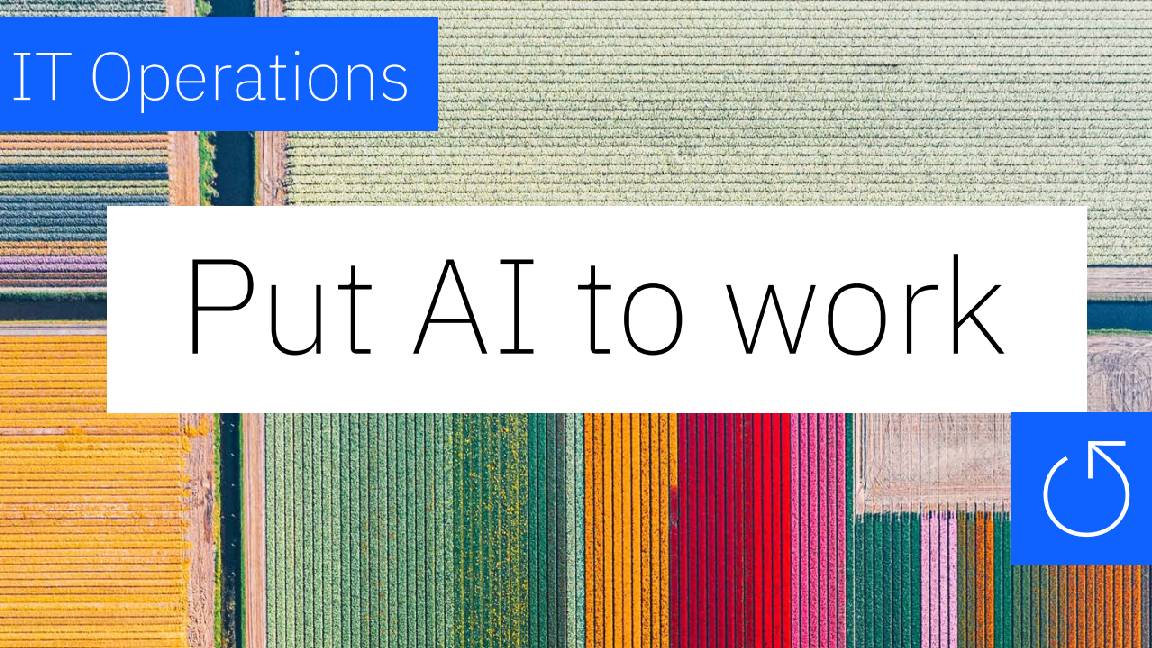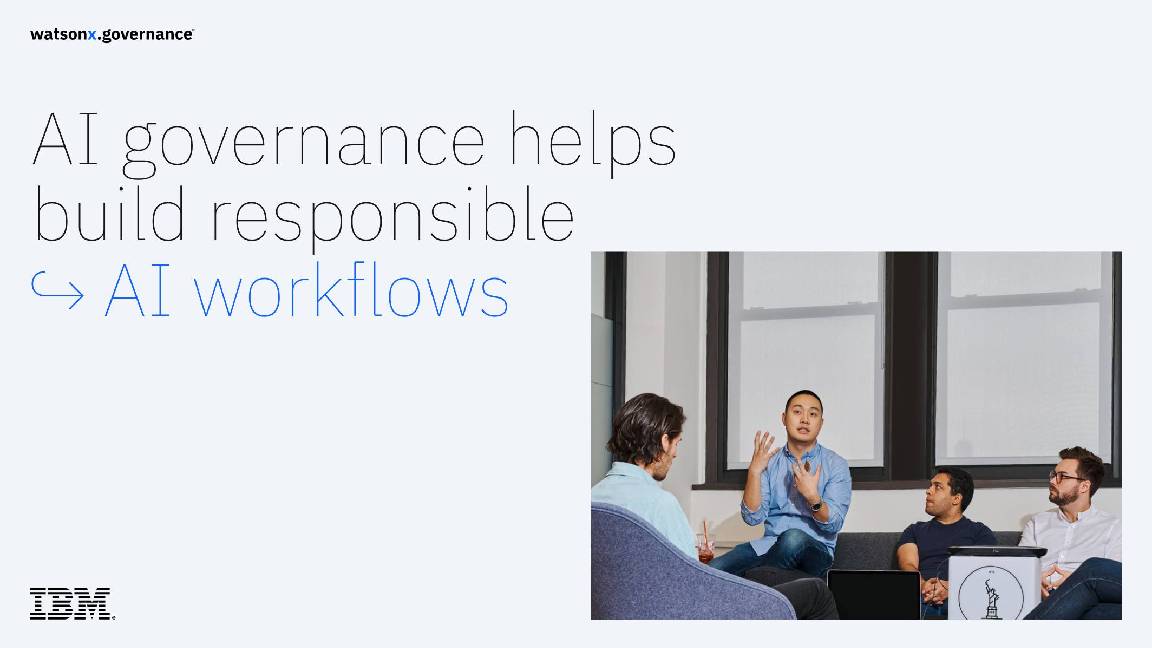IBM and academia work on human brain simulation
Researchers team up to simulate and emulate what the brain is capable of.


Boffins at IBM have teamed up with five universities to use the human brain as a template to build faster, smaller computer systems that benefit decision making.
Working with experts at Columbia University Medical Centre, Cornell University, Stanford University, the University of California-Merced and the University of Wisconsin-Madison, IBM Research plans to design and develop computers that simulate and emulate how the brain acts, interacts, perceives and senses things, in addition to mirroring its cognition, lower power usage and size.
In doing so, it is hoped that business and consumer users alike will be able to make decisions much more quickly as well as helping them to deal with the ever-increasing glut of digital data heading their way each year.
"Exploratory research is in the fabric of IBM's DNA," said Josephine Cheng, IBM Fellow and vice president of IBM's Almaden Research Centre in San Jose.
"We believe that our cognitive computing initiative will help shape the future of computing in a significant way, bringing to bear new technologies that we haven't even begun to imagine. The initiative underscores IBM's capabilities in bold, exploratory research and interest in powerful collaborations to understand the way the world works."
The idea is to break conventions around programmable machines to create a cognitive computer or "global brain" that is capable of quickly connecting all pieces of the decision making and problem solving puzzle in an error free way.
Minute nanoscale devices will be used for synapses and neurons as part of the project, which is supported by a $4.9 million (3.2 million) funding injection from the Defense Advanced Research Projects Agency (DARPA).
Get the ITPro daily newsletter
Sign up today and you will receive a free copy of our Future Focus 2025 report - the leading guidance on AI, cybersecurity and other IT challenges as per 700+ senior executives
Maggie has been a journalist since 1999, starting her career as an editorial assistant on then-weekly magazine Computing, before working her way up to senior reporter level. In 2006, just weeks before ITPro was launched, Maggie joined Dennis Publishing as a reporter. Having worked her way up to editor of ITPro, she was appointed group editor of CloudPro and ITPro in April 2012. She became the editorial director and took responsibility for ChannelPro, in 2016.
Her areas of particular interest, aside from cloud, include management and C-level issues, the business value of technology, green and environmental issues and careers to name but a few.
-
 Should AI PCs be part of your next hardware refresh?
Should AI PCs be part of your next hardware refresh?AI PCs are fast becoming a business staple and a surefire way to future-proof your business
By Bobby Hellard
-
 Westcon-Comstor and Vectra AI launch brace of new channel initiatives
Westcon-Comstor and Vectra AI launch brace of new channel initiativesNews Westcon-Comstor and Vectra AI have announced the launch of two new channel growth initiatives focused on the managed security service provider (MSSP) space and AWS Marketplace.
By Daniel Todd
-
 Put AI to work for IT operations
Put AI to work for IT operationswhitepaper Reduce the cost and complexity of managing hybrid applications
By ITPro
-
 AI in the retail industry is spreading beyond the IT department
AI in the retail industry is spreading beyond the IT departmentNews AI has become a strategic imperative for retailers, delivering marked productivity gains
By Emma Woollacott
-
 Maximizing contact center operations with generative AI assistants backed by responsible AI principles
Maximizing contact center operations with generative AI assistants backed by responsible AI principleswhitepaper Reduce the cost and complexity of managing hybrid applications
By ITPro
-
 IBM just launched powerful new open source AI models – here’s what you need to know
IBM just launched powerful new open source AI models – here’s what you need to knowNews Available under the Apache 2.0 license, IBM's Granite 3.0 models are trained on enterprise data and can out-perform the competition
By Emma Woollacott
-
 Achieving business outcomes with generative AI
Achieving business outcomes with generative AIWebinar Take your hybrid cloud journey to the next level with generative AI
By ITPro
-
 Wimbledon’s new Catch Me Up AI feature promises to keep fans up to date at the tournament – after it irons out some of the wrinkles
Wimbledon’s new Catch Me Up AI feature promises to keep fans up to date at the tournament – after it irons out some of the wrinklesNews The latest feature to come out of IBM’s partnership with Wimbledon will keep fans engaged from the early stages right through to the final with dynamic player insights
By Solomon Klappholz
-
 AI demands new ways of data management
AI demands new ways of data managementwhitepaper The data leader’s guide for how to leverage the right databases for applications, analytics and generative AI
By ITPro
-
 AI governance for responsible transparent and explainable AI workflows
AI governance for responsible transparent and explainable AI workflowswhitepaper Build greater trust in your AI
By ITPro